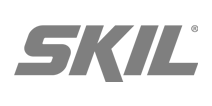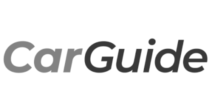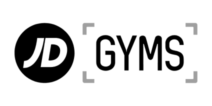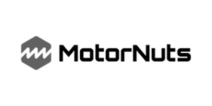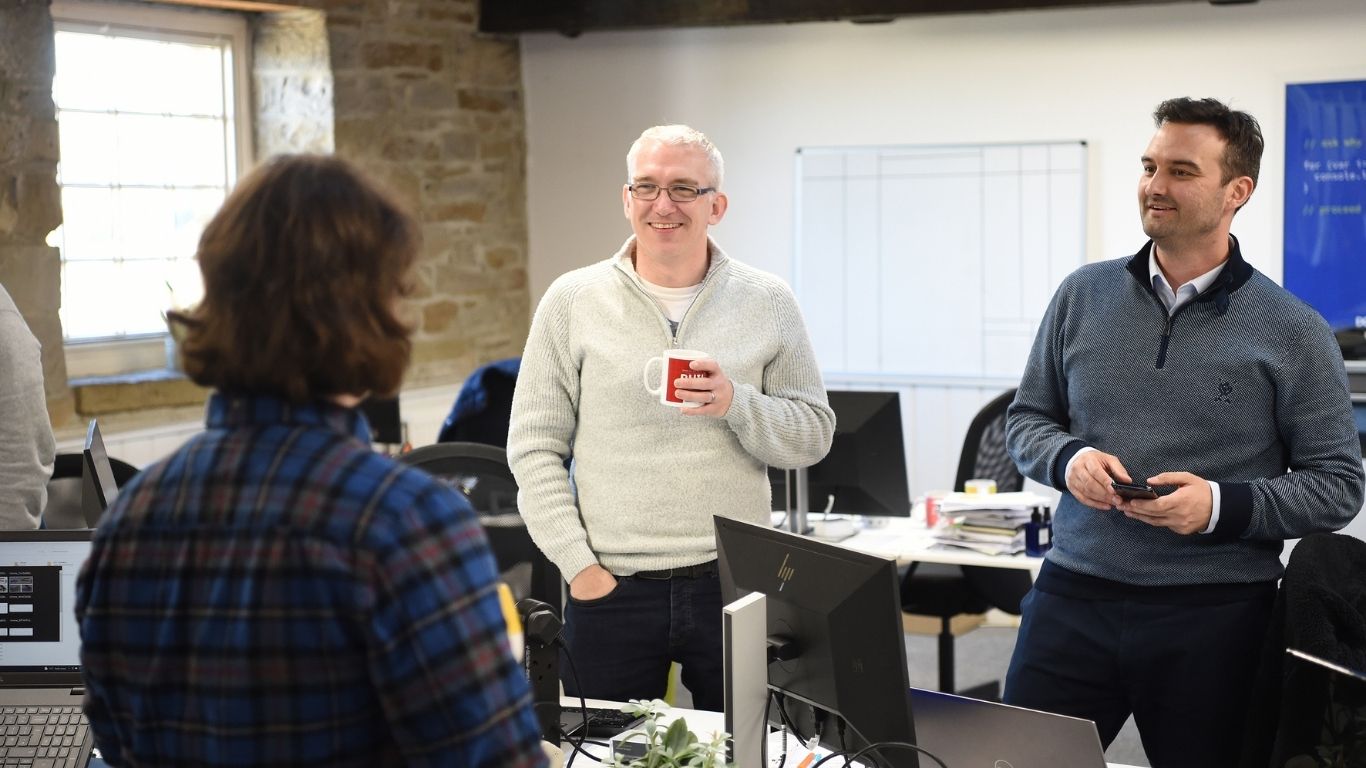
What Google’s free Shopping listings mean for your e-commerce biz
By the end of the year, most businesses that sell online will be able to advertise products on the Google Shopping tab free of charge.
What are the implications for e-commerce businesses and their customers? I gathered our keenest e-commerce minds in a Zoom and asked.
The benefits of a free Shopping listing
Sean: The Shopping tab so far has been populated by paid adverts, with the top ranking products reflecting the budgets and strategies of the highest payers.
Phil: This move gives a taste of Google Shopping for companies that wouldn’t normally pay for it – they can put their products on there now and test what happens with no financial risk.
Sean: Yes, it’s a toe in the water for businesses who aren’t currently advertising on Shopping. They should be doing it now. The main reason they don’t yet is that they have to have a feed that fits Google’s specifications. They see this as a blocker.
Michael: Retailers who currently advertise will still be using ads for top products, aiming for those clicks. But this opens up what you can do for your neglected products. You’re no longer limited by ad budget if you can effectively optimise for organic Shopping more widely across your full product set.
Sean: From an advertiser’s perspective, there might be some word-of-mouth growth for businesses who are sick of paying a cut to Amazon and eBay and jumping through hoops to meet their fulfilment standards.
Phil: And users, the customers, will get a wider choice of brands and products. This might have a knock-on effect – because there is suddenly more competition and less ad spend, products might be cheaper.
Sean: You don’t have to pay for the click so you might reduce your prices.
Phil: Right.
Sean: But on the flip side it’s more competitive for businesses. Drop-shippers selling generic items might struggle to differentiate themselves on the algorithm. Whether they win the spot or not will be down to the usual SEO factors – we expect – and pricing. But we don’t know exactly what yet.
Phil: How does this affect the existing paid ads you’ve got at the moment? Google still wants to be making money out of these, and still drive revenue and sales. It still wants you to pay for these, if you’re already doing that. And it wants new customers to come on board.
The Amazon Marketplace-killer
Phil: The current default product search for many users is to go to Amazon and eBay. Google wants to make its Shopping tab the go-to for products. This improved user experience might encourage more people to use the Shopping tab.
Sean: Google’s ads revenue grew by only 15% year-on-year in 2019. Prior to that, it had been growing by around 20% per year for three years running. On the other hand, Amazon Marketplace revenue grew by 26% last year.
Michael: By opening access to Shopping like this, Google is trying to improve its user experience. What makes a better shopping experience? More products – a wider selection of products for consumers. Google is repositioning itself against Amazon’s and eBay’s market dominance.
Phil: If the user uses the tab, it’s great but I have to admit I don’t use it a lot.
Sean: I never click the Shopping tab.
Michael: I’ve used the Shopping tab quite often recently. It has got more variety of products in there than it used to have. That’s only going to get better as Google rolls the free ads access out.
SEO and PPC
Sean: With a free listing, it’s whoever has the best price, the best platform, the best SEO… they are going to get a top position. But we don’t know how these organic listings will work or how they can be filtered yet. But… free product ads might encourage more traffic to your site – making SEO even more important for businesses than it is already .
Michael: Absolutely. It’s unclear exactly how organic rankings will be driven in this new eco system and how we can best optimise product listings to maximise reach and click-through rates. Solid Schema and product feed optimisation will be key; we can assume that much.
Sean: Businesses should bear in mind also that when Google allowed Schema to populate feeds, it made it clear that they want people to use Schema. Basically, they trust their robots more than they trust people’s feeds.
Michael: We’re increasingly seeing organisations recognise that they need a ‘single view of search’ including both SEO and PPC as integral parts of a combined search strategy. Website owners can’t afford to neglect one or the other and it’s good to see people getting on board with this generally. Shopping needs to fit within this overall strategic approach, rather than being treated in isolation.
Sean: Yes, retailers need to be strong in both SEO and PPC. While this is being rolled out, and in light of everything that’s happening with COVID-19, it’s a good time to be getting your house in order on both counts.
The future of Google Shopping
Phil: Google will still have paid advertisers, even though Google Shopping has been opened up to free product advertising. If you test it out for no cost and like it, you might decide paying for it will be even better.
Sean: For advertisers it’s a no-brainer.
Phil: I wouldn’t be surprised to see vouchers for advertisers to try ads. At the end of the day, Google means to make money from this, and free business users do not create revenue. Businesses will be encouraged to try the paid options too. Some will become long term consumers of the ads.
Michael: Google will make the Shopping tab more prominent, one way or another.
Sean: I suspect this is phase one of an eventual integration of Shopping and the main SERPs. The Shopping tab will continue to exist, but we’ll also see Organic Shopping ads enter the main search feed. In line with the contextual updates Google continually rolls out – like our favourite Sesame Street character BERT [Google’s natural language algorithm]. This is Google testing the water and doing a controlled integration.
Takeaway actions
- Use SEO to optimise all your products – from titles to Schema. We don’t yet know how organic product rankings will be driven, and won’t for months, so let’s be ready for when we do.
- Treat PPC and SEO strategies as interlinked – quality ratings and rankings walk hand in hand. Don’t silo.
- If your biz already has paid Shopping listings, this is a good opportunity to include more of your product range for no extra cost.
- If your biz doesn’t currently advertise on Shopping, this is an opportunity to try with no risk.
Interested in learning more about the impact of a poorly implemented Shopping feed versus an optimised one? Read how we helped MotorNuts scale up their business.
Thanks to Michael Brennan (Account Director), Phil McDowell (Account Manager) and Sean Dwyer (Managing Director). Photo by freestocks on Unsplash
-
 14.04.2020|Schema (structured markup) lights the way for Google bots at the confluence of creative content and technical SEO. Here’s how to max it for SERPs and traffic.
14.04.2020|Schema (structured markup) lights the way for Google bots at the confluence of creative content and technical SEO. Here’s how to max it for SERPs and traffic.
Scrapbook
We have a lot to talk about.Door4 opinions and insight - exploring performance marketing, communications and optimisation.




